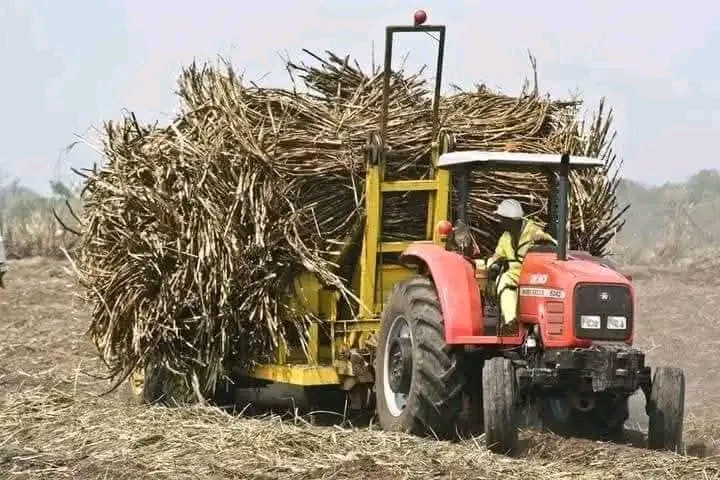Staff writer
The Zimbabwe Sugar Milling Industry Workers Union(ZSMIWU) secretary general, Faster Gono said it was high time sugar cane cutters are given the respect they deserve as they are the backbone of the industry.
Gono said despite the importance of the workers in this cluster, nothing is being done to add to their value in the sugar milling industry.
“The sugar milling industry’s success hinges on the tireless efforts of its cane production and cutting workers,” Gono told The Blast.
” These individuals form the backbone of the industry, toiling tirelessly to ensure a steady supply of sugarcane. It’s imperative that we recognize the value of these workers and treat them with the respect and dignity they deserve.
“Just as a prudent dairy farmer understands that a well-fed cow is essential for optimal milk production, we must acknowledge that our cane production workers are the lifeblood of our industry. We can not expect them to deliver exceptional results if we don’t provide them with the necessary support, resources, and recognition,”said Gono.
He added:
“Unfortunately, it’s common for the cane production department to be overlooked or undervalued. This mindset must change. We need to recognize that the production and processing of sugarcane are the core of our business and that all other departments exist to support these critical functions.”
Gono said casualisation of labour was hitting hard especially on the sugar cane cutters and this was having negative consequences on their well being.
“However, the reality on the ground is that these workers are often subjected to casualization of labor, which has severe consequences on their well-being and productivity. The casualization of labor refers to the growing trend of employers hiring workers on a temporary, part-time, or contract basis rather than as permanent employees.
“The demerits of casualization of labor are numerous. Casual workers often have no guarantee of ongoing employment, which can lead to financial insecurity and stress. They may not be entitled to benefits such as paid leave, sick leave, or superannuation, which can leave them vulnerable in times of need.
“Casual workers may be paid lower wages and experience poorer working conditions than permanent employees, which can lead to exploitation.
“Furthermore, casual workers may have limited opportunities for career advancement, training, or professional development, which can hinder their long-term career prospects. The uncertainty and insecurity of casual work can lead to increased stress and anxiety for workers, which can negatively impact their mental and physical health,”said Gono.
Gono said it was high time to unlock the value of the success of the sugar milling industry by making an all inclusive approach.
“By prioritizing the well-being and success of our cane production workers, we can unlock the full potential of our industry. It’s time for us to adopt a more inclusive and supportive approach, one that acknowledges the vital contributions of our production teams and provides them with the resources and recognition they deserve. We must recognize that our cane production workers are not just casual laborers but the backbone of our industry and treat them with the respect and dignity they deserve,” said Gono.
